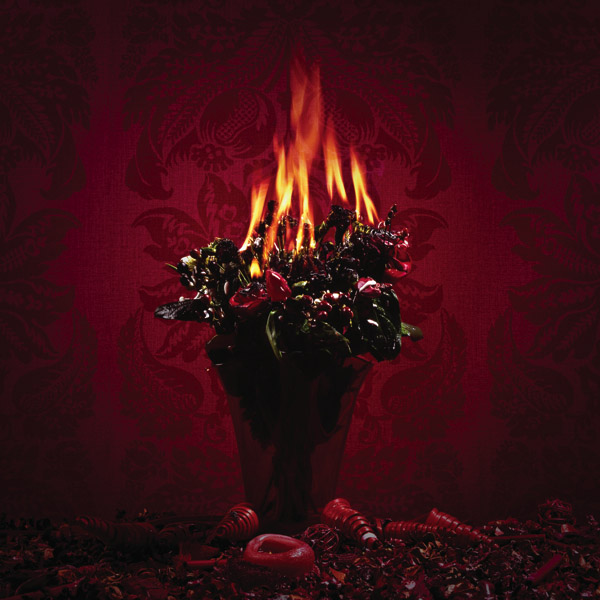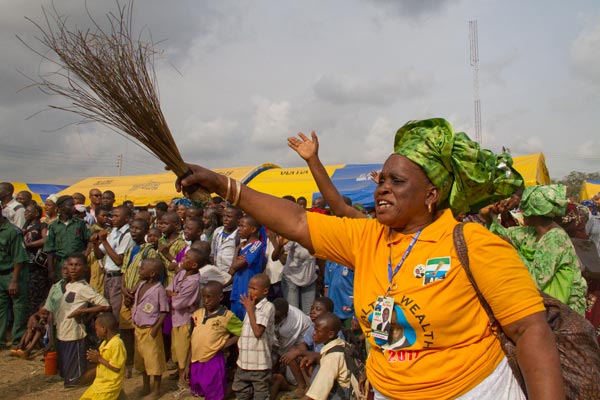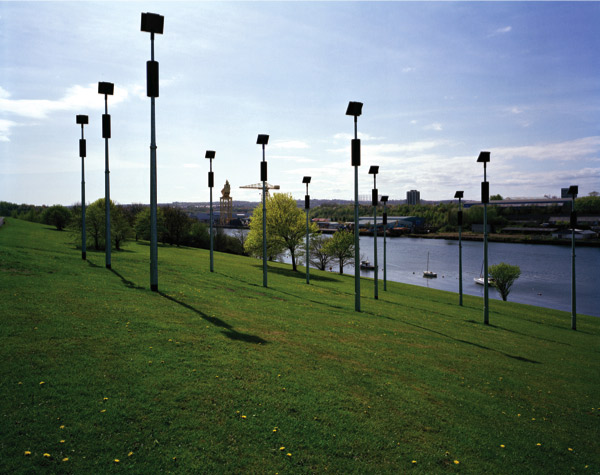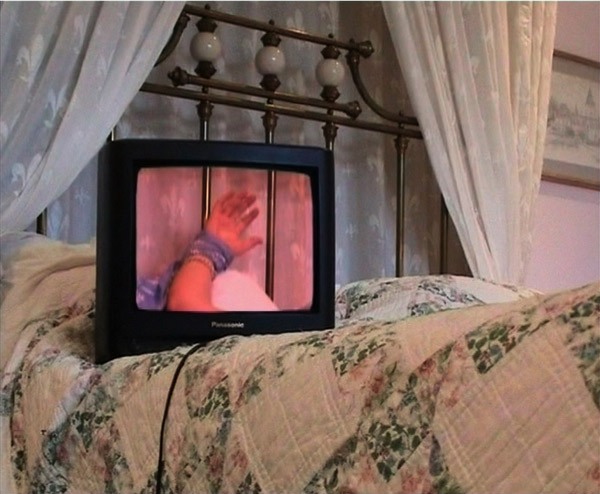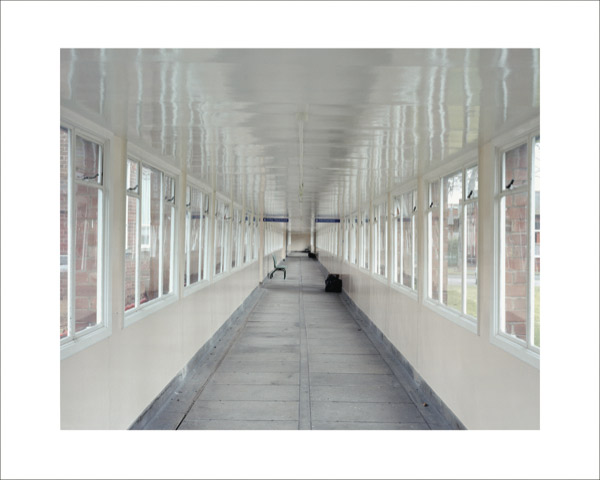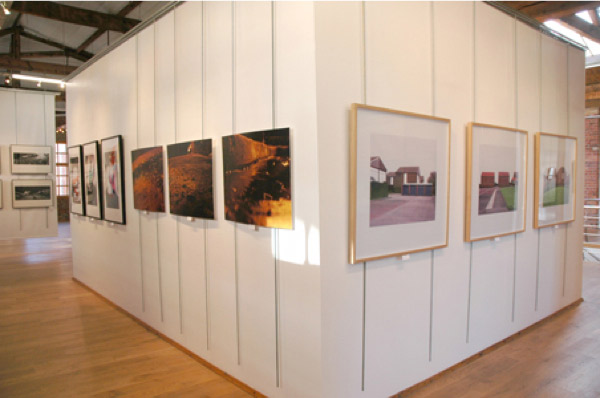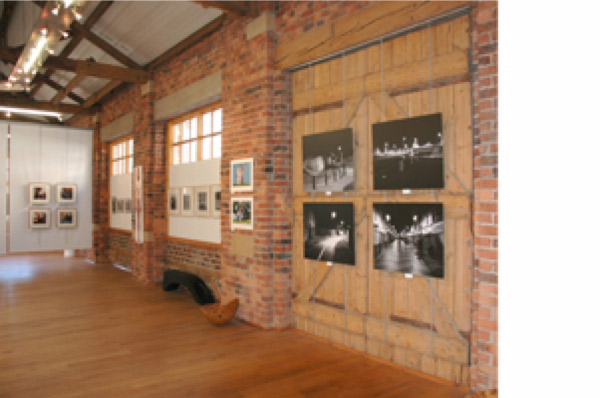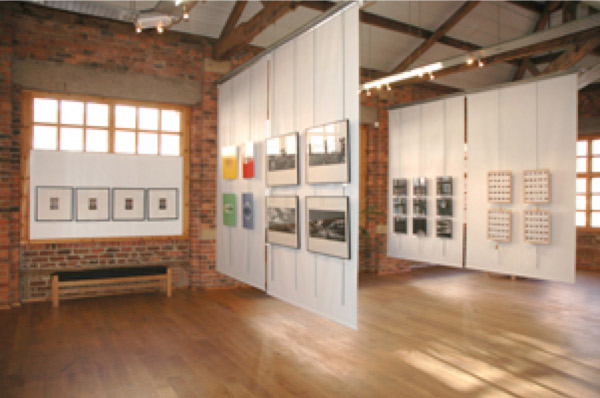Photography, Video & Digital Imaging (PVD) student work
BA (Hons) Photography, Video & Digital Imaging (known as PVD) is based within photography, but enables students to choose to study video, video art and digital imaging alongside their photography - and you can choose to specialise in any one area or across the areas.
Michael Daglish, Anger from the series Beyond Being 2009 The Course Aims The course is practice-based, which means that the main emphasis is on production. Students are introduced to a range of skills in both chemical and film based photography using a range of camera formats, as well as thinking about the different genres within photography, what they mean and making work in response to these genres. As you progress through the course, the emphasis shifts enabling you to direct your own strategies and visual language, to create work that expresses your particular views and position. The aim of this course is to enable each student to communicate confidently and intelligently through their chosen medium, our graduates are independently minded, critical thinkers, who are informed about the many different aspects of photography and lens based practice.
Bolu, 'Nigerian Elections 2011'
Stephanie Prieswasser, Futile Pursuit 2007 This course does not have a 'house style' which means that students are encouraged to find their own voice within their practice and there is no greater value placed on one approach or practice over another. Students study photography and lens based media from a Fine Art/Documentary perspective, making enquiries into the subject and questioning the processes and the outcomes. This is not a training in commercial practice, however many of our graduates progress into some area of the commercial world on graduation.
Charlotte Corcorran 2011
Nicholas Ainsley, Solar, 2009. Andy Needle, from the series Soap 2003 Teaching The team of lecturers within the photography department provide students with a broad range of practice and expertise which enable them to develop their own interests and approaches, and contextualise their own work within contemporary practice and critical theory. You are taught to develop your own work ethic, manage your own time, and create your own targets, to get the best use of the facilities available and to tailor your learning to your needs.
Clara Crivellaro, Glad Bag of Fading Rags 2006.
Fiona Bimson, Collectors 2009. Opportunities Students have the opportunity to undertake 'live' projects which come into the department. These are quite variable and will enable you to broaden your portfolio and extend your skills base. Within the University recent projects have included working with the Sports department on a range of sports and the community projects, with performing arts students and with media students on their productions, and with glass and ceramics students on images of their work.
Karin Coetzee, from the series Green Kalahari 2006.
Gayle Keddie, In the Space Between, 2006 Helios - at the Biscuit Factory, Newcastle. For seven years the best graduates were selected from courses across the north of England to show their work at the Biscuit Factory in Newcastle, some examples of work are below.
Installation shots of Helios at the Biscuit Factory, Newcastle Interested in finding out some more? All applicants are invited to interview, where you will meet one or more of the staff, find out more about the course, be toured round the facilities and show your work, and talk about your interests and ambitions. Your portfolio should include any photograph, video and/or other art work that you have done - including self-initiated work. If you would like to visit before applying you can either attend one of the University's Open Days, or arrange a time to make a separate visit. (click here for contact details)
Ian Ford, from the series Milieu 2006
|
 'Hair' 2011
'Hair' 2011